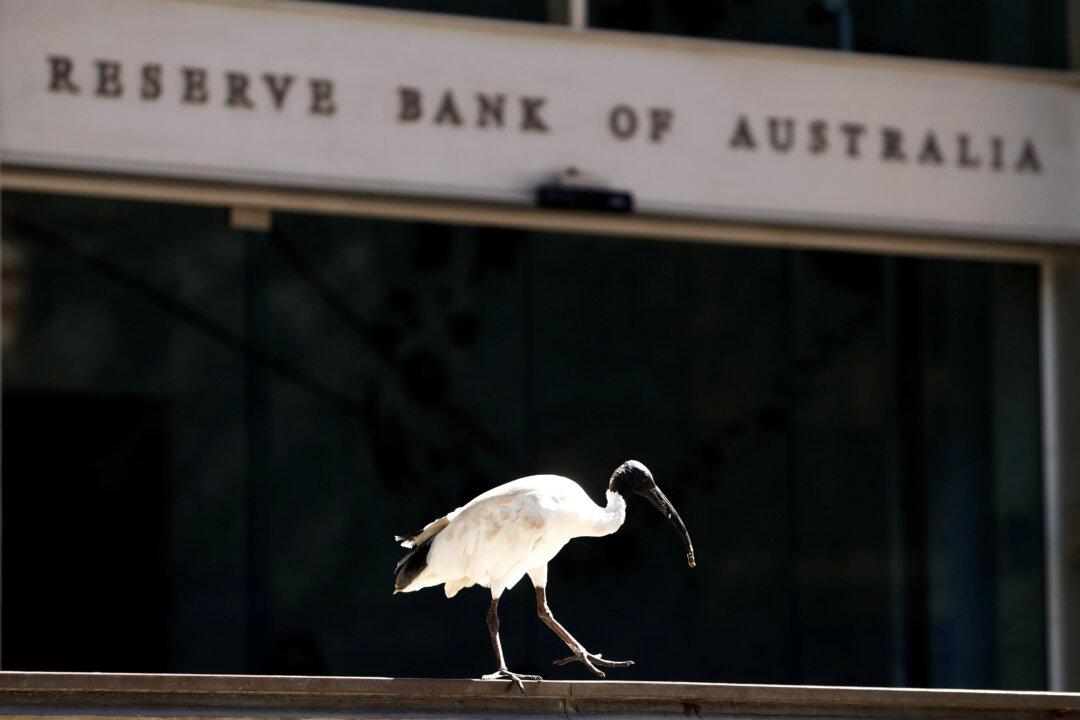The majority of staff at the Reserve Bank of Australia (RBA) have voted down a 10.5 percent pay offer, saying it failed to adequately address the current cost of living challenges.
The RBA offered its staff a pay increase of 10.5 percent over three years: a 4 percent increase from the start of the agreement, 3.5 percent from September 2024, and 3 percent from September 2025.





